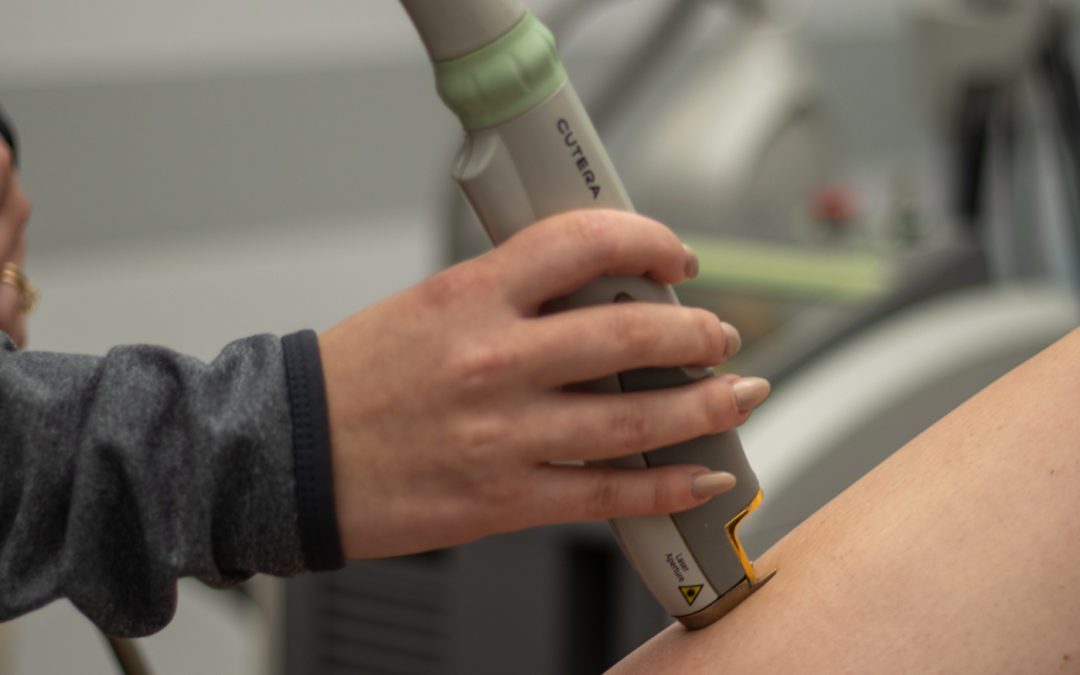Laser hair removal is a popular and effective way to permanently reduce unwanted hair. However, like any cosmetic procedure, there are certain steps you should take to prepare for laser hair removal to ensure the best results and minimize any potential risks or side effects. Here are some tips for preparing for laser hair removal:
- Avoid sun exposure: It’s important to avoid sun exposure before laser hair removal, as this can increase the risk of complications and make the procedure less effective. Sun exposure can also cause skin damage and increase the risk of hyperpigmentation (darkening of the skin). Make sure to wear sunscreen and protective clothing to prevent sunburns and skin damage.
- Avoid other hair removal methods: Avoid plucking, waxing, or threading for at least 4-6 weeks before your laser hair removal appointment. These methods can remove the hair follicle, which is needed for the laser to target and destroy the hair root. Shaving is still allowed, however, ensure to shave 24 to 48 hours prior to the treatment.
- Do not use any creams or lotions: Do not apply any creams, lotions, or perfumes on the area being treated as they may contain ingredients that can interfere with the laser energy absorption by the hair follicle. It is also important to avoid deodorants or antiperspirants if you are having your underarms treated.
- Stay hydrated: It is essential to stay hydrated before your laser hair removal appointment, as this can help minimize discomfort and improve the efficacy of the treatment. Drinking water can also help your skin stay moisturized and healthy, which is important for post-treatment healing.
- Communicate any medical conditions or medications: It is important to communicate any medical conditions or medications you are taking with your provider before undergoing laser hair removal. Certain medications such as antibiotics, blood thinners or Accutane may make you more sensitive to the laser light or affect the healing process after the treatment. Some medical conditions such as lupus, diabetes, and epilepsy may also affect your suitability for the treatment.
- Be prepared for discomfort: While laser hair removal is generally well-tolerated, it can cause some discomfort or pain. You may be provided with a topical anesthetic cream to help numb the area being treated. Also, avoid taking any pain-relieving medication such as aspirin or ibuprofen as it may increase your risk of bruising or bleeding.
In summary, laser hair removal can be an effective way to permanently reduce unwanted hair, but it’s important to take the necessary steps to prepare for the treatment. By following these tips, you can help ensure the best results and minimize any potential risks or side effects. Remember, communication is key! Always communicate with your provider before and during the treatment to ensure a safe and effective experience.

